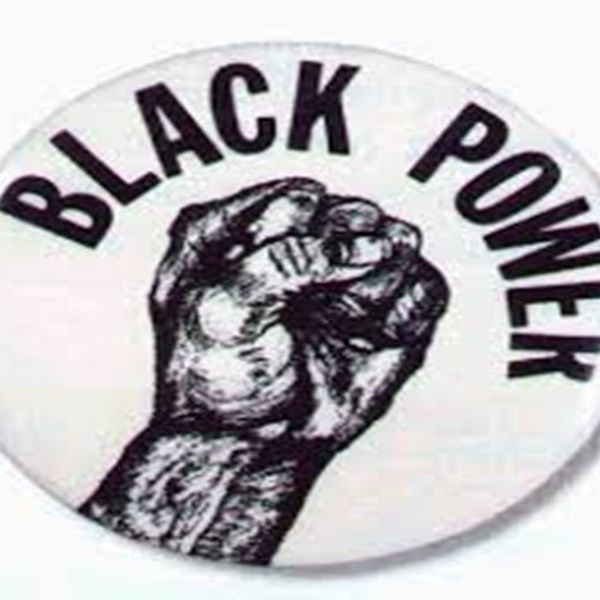Simple fact about me: I am biracial. My mother is white and my father is black. Anyone could guess that just by looking at my ethnically curly hair, facial structures, and of course the color of my skin. Society knows me. I am not uncommon. Funny thing is I didn’t know “me”.
I lived with my mother’s family for the first seven years of my life. Contrary to common assumptions, this doesn’t mean I was surrounded by white people. In fact, every cousin I had at that time, was just like me. Despite the ever-present mixture of color and race characterizing my childhood, my adolescent mind never took notice of any variation between the members of my family.
In my mind, I was just like my mom in every way. I saw no difference between her and my father, or my cousins and their parents. Nor did I notice any distinguishable characteristics about the rest of the community. Except that they were scary. No matter what they look like, all strangers are scary at six years old. To me, race did not exist.
I was permitted to live in this idealistic dream until I moved to Georgia. That’s when society decided it was time to wake up. That year the individuals of Brumby Elementary made me realize I wasn’t like my mother -- I couldn’t be like her. That is when I learned my father and I are black and my mother is not.
In the opinion of those who do not know me, I have more in common with my father than I do with my mother. Whether this is true or not, it was decided based on the color of my skin and the curls in my hair. They did not consider the types of books I liked, my favorite color, or anything else about me.
The color of my skin and the curls in my hair became the decisive factors of my life. According to color, I was supposed to listen to rap and R&B. I was to learn every popular dance with ease. I was to sing soulfully. I must dress a certain way, act a certain way, date certain people, and be who my genes decided I was. The problem is I can’t do any of those things. I love Taylor Swift. I have no rhythm. Trust me, I’m doing the world a favor by not singing.
I had “betrayed my race” (an exact quote from one very unkind person). By our culture’s definition, my personality said I was “white,” my skin suggested otherwise. My genes had betrayed me. I felt I had no other choice but to be ashamed.
Recently, I have learned my condition is known as intersectionality: a sociological theory in which individuals experience disadvantages because they are caught in between the appointed sects of society. I am caught in between races, unclaimed by either side.
For a short time, I fought for society's acceptance. Yet, I can’t seem to find the strength or resources to win this battle. However, as I look back upon all my life experience, I realize there is no need to be ashamed of losing this one.
I’ve seen the view from both sides of the war, and I don’t want them. They’re filled with hate and pain and fear; all of which are directed towards each other. These labels have done nothing but fill my life with insecurities. Neither party is innocent.
In the words of a friend, I have found myself in limbo. A state of being many characterize as lonely, sad, shameful, or even terrifying. They are terribly wrong, because I am not alone.
There are many sects within our society based on race, religion, and culture. Despite the popularity of each faction, there are thousands sitting here in limbo with me. This void is where I have found peace. Here I can embrace the color of my skin and the curls in my hair while screaming “Our song is the slamming screen door, sneaking out late, tapping on your window…” Here I am comfortable with who I am.
The intersectionality that I was exposed to was negative. It was a form that stemmed from racism, sexism, and a whole lot of –isms. Even though my experience was negative, it didn’t have to be. Intersectionality is just a break from societal rules tagged with the term normal. Positive intersectionality can result in the integration of cultures which not only allows for the acceptance of all individuals but promotes equality and fights discrimination as well. This form of intersectionality recognizes individuality. I believe it’s about time we embrace it.
So I love the color of my skin and the curls in my hair... and just for the heck of it, here's some Taylor Swift.





















